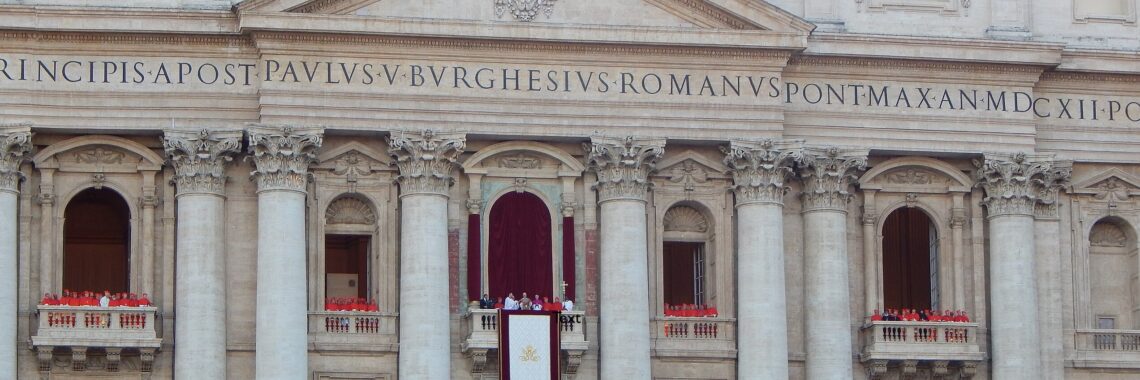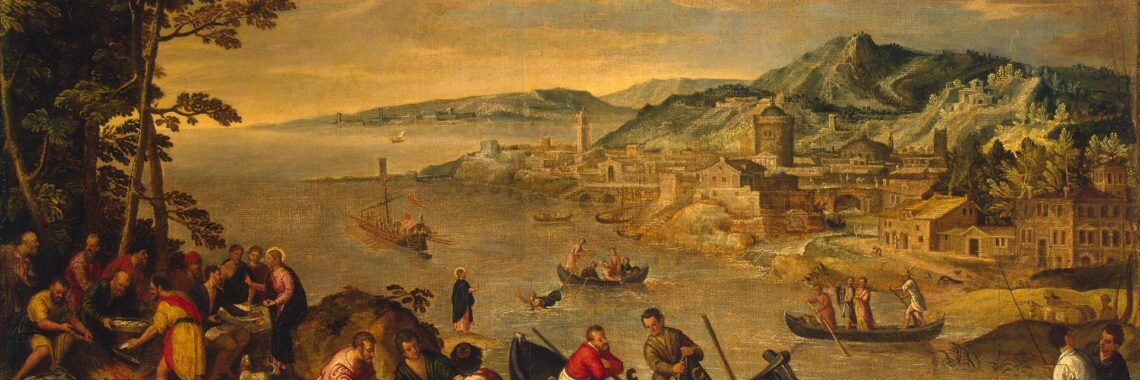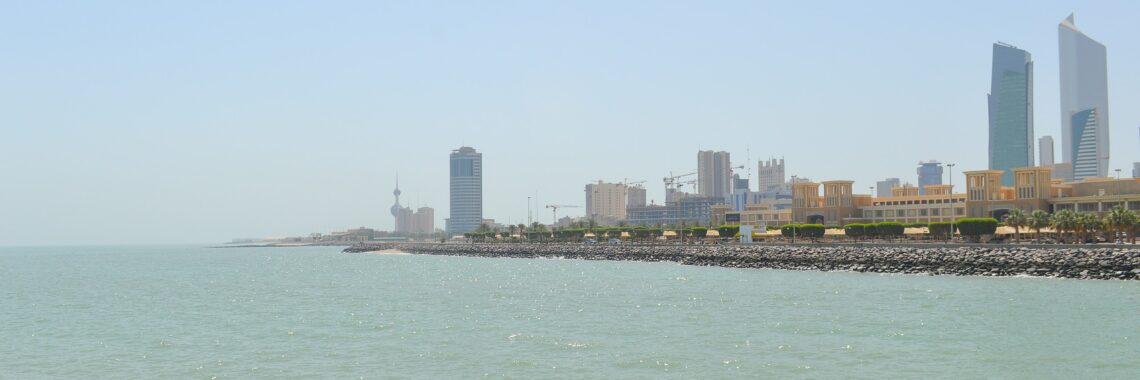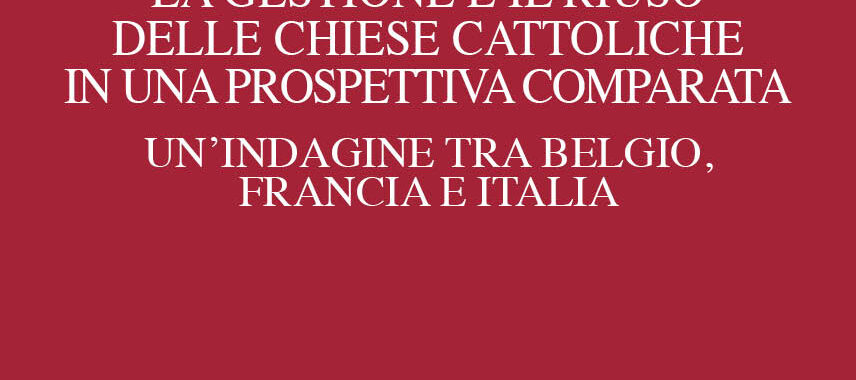“Leo XIV: The Pope of Unity” by Rafael Domingo
The Facade of St. Peter’s Basilica upon Leo XIV’s first appearance via WikiMedia Commons (CC BY-SA 4.0). With the election of Leo XIV, the Catholic Church embarks on a new chapter in its rich universal history–this time set against the backdrop of a globalized and fragmented world, one that is heavily armed and yearning for…






